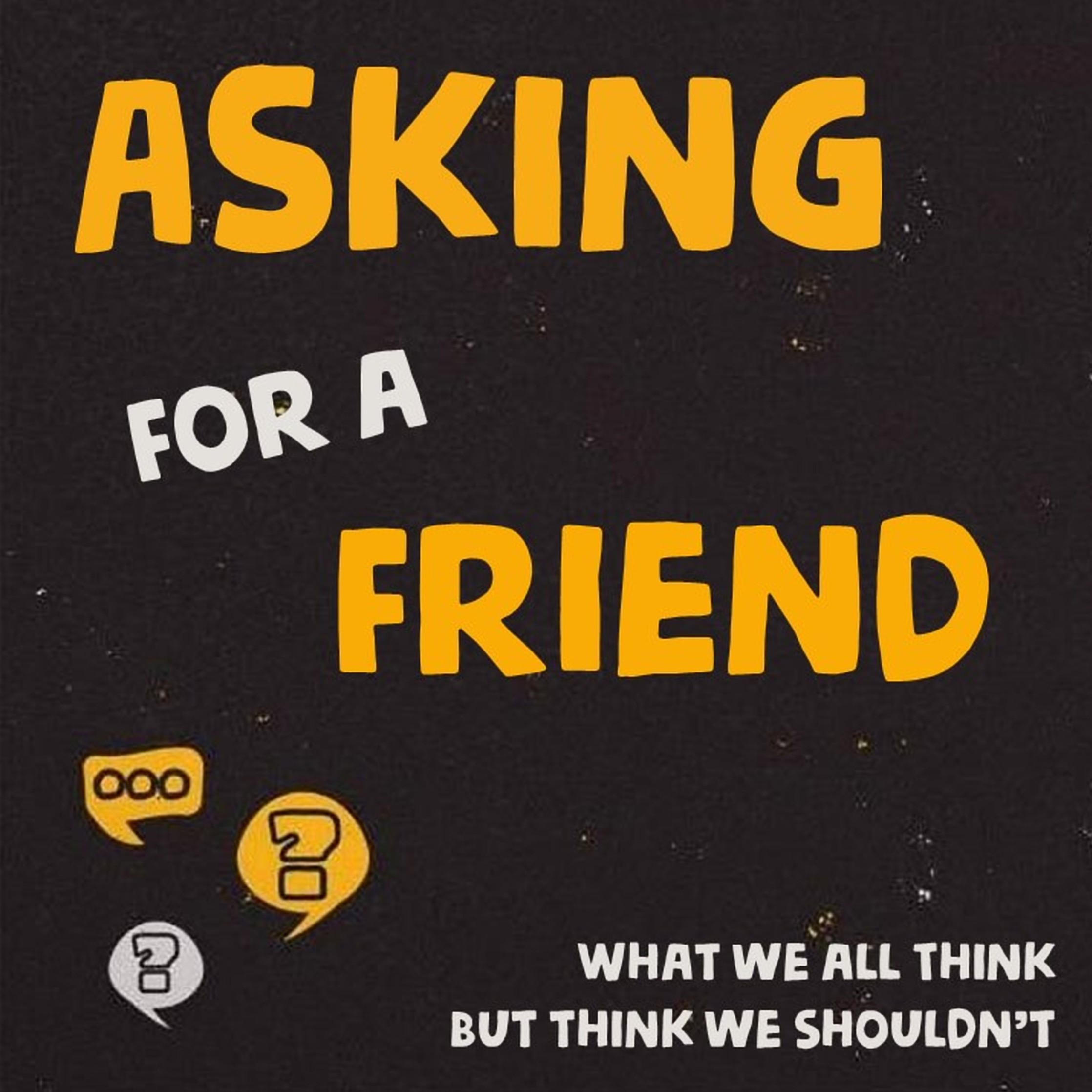Regardless of our background or belief system, one unavoidable truth is the existence of pain. Sometimes, life just hurts.
It hurts physically and emotionally—to be sure. Other pain is so severe it seems to cut straight to our soul. This pain—spiritual pain—can cause us to question our deepest-held convictions, threatening our identity and sense of purpose.
Pain is only compounded when we can’t find its source. Pain without meaning or explanation only adds insult to injury. Put simply: pain that doesn’t make sense is the hardest pain to carry.
This is the reason we scramble to find answers. If we learn something from a painful experience, that can often dampen the discomfort—especially if the pain seems warranted or self-inflicted as the result of bad decision-making.
We call this karma: what goes around, comes around. Bad things happening to bad people, and good things happening to good people. It’s simple. It’s fair. It’s understandable and sometimes comforting.
But, what about when that’s not the case? Sometimes, you can do all the right things and still get hurt. Or sick. Or fired. Or divorced. What’s up with that?
Why do bad things happen to good people?
This is the topic Solomon turns to next. He’s honest about how often life just isn’t fair. As he rants against the injustice he sees, he comes to two conclusions: (1) Karma doesn’t work; it’s not the way the world operates, and (2) There’s something much better than karma anyway.
(This message is based on Ecclesiastes 7.1-15 – 9.1)
Podcast: Download (Duration: 40:01 — 36.8MB)









